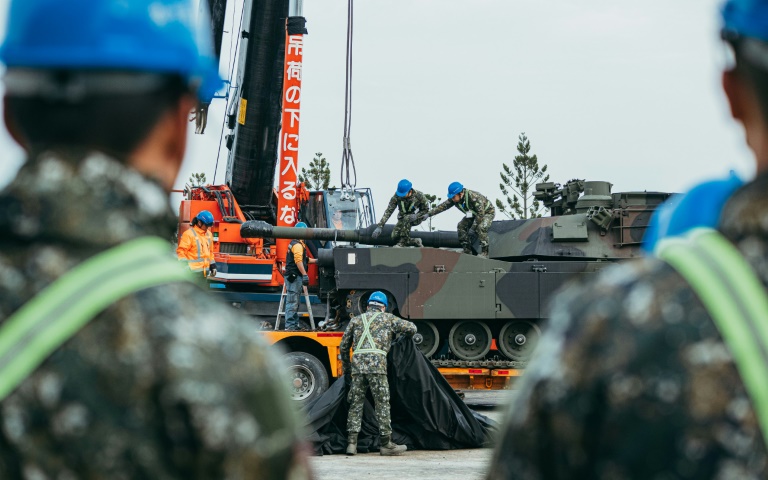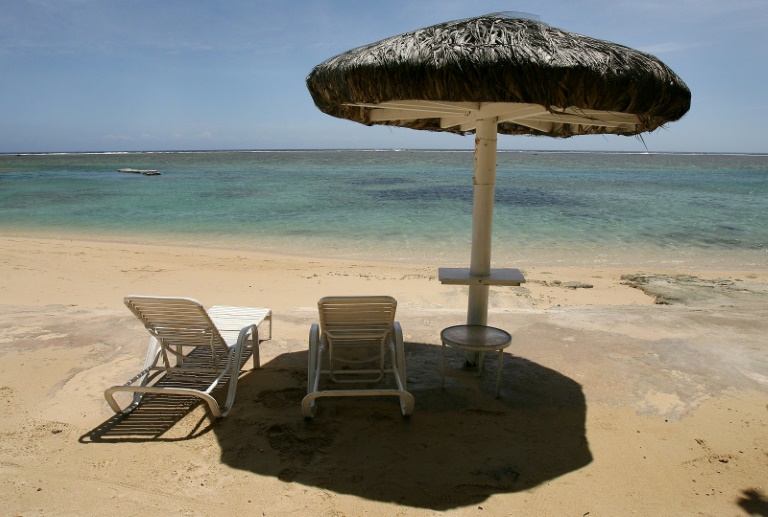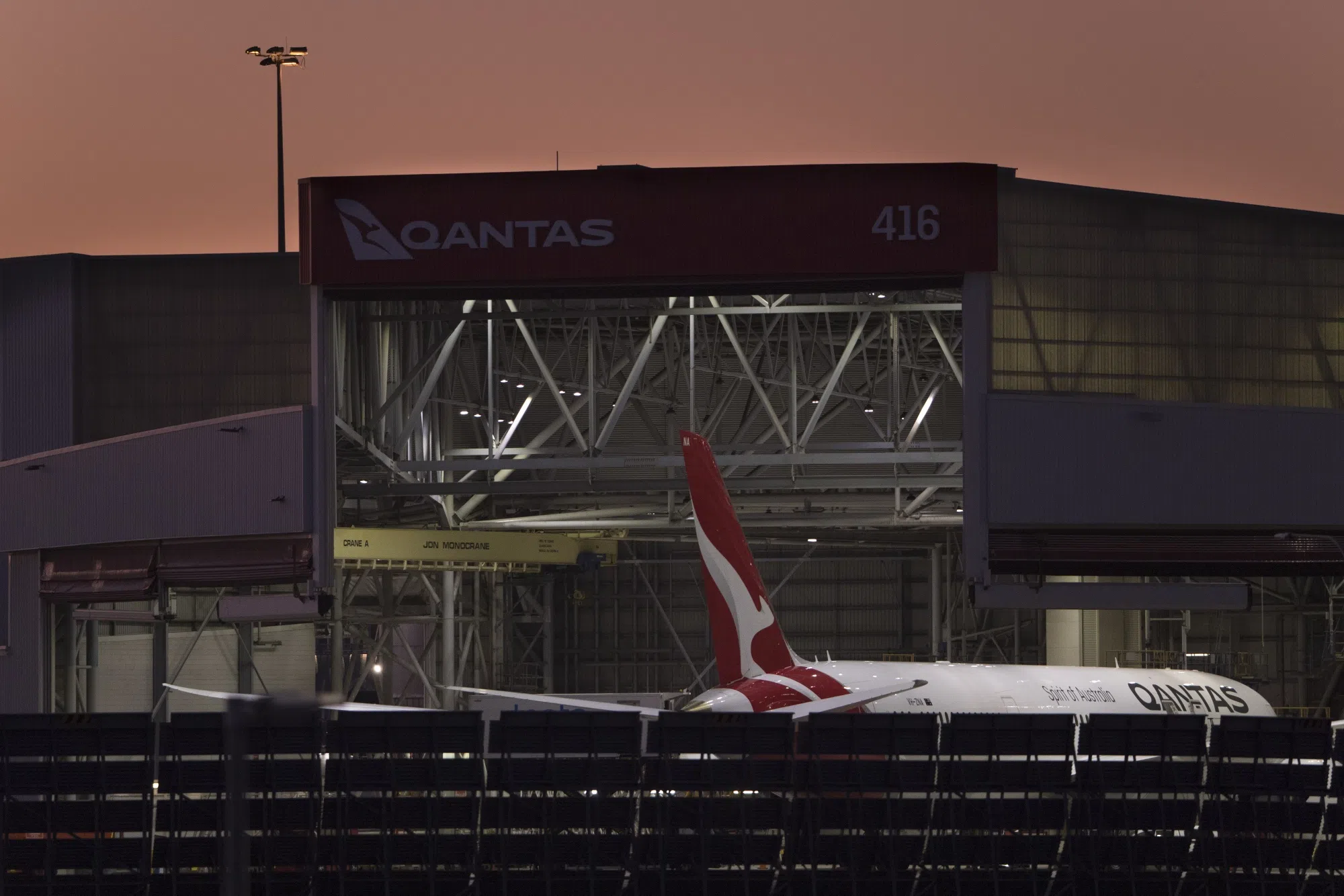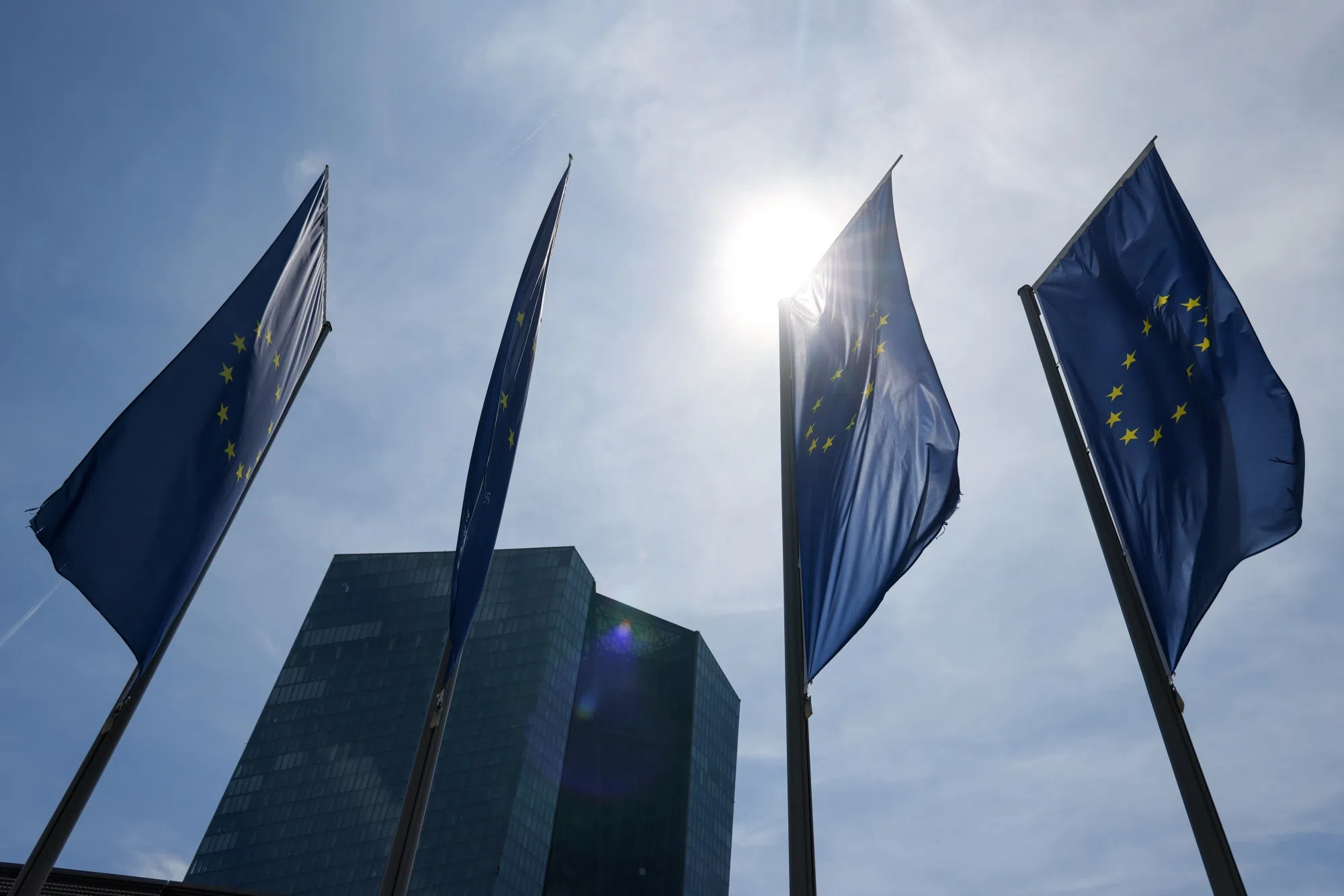Catholic devotees were clamouring to see Pope Francis before his arrival in East Timor’s capital on Monday — making pilgrimages from faraway towns and hours-long crossings of its shared border with Indonesia.
In Dili, a seaside city sandwiched between mountains and the turquoise waters of the Ombai Strait, preparations for his three-day visit were in full swing with Vatican flags flying high, roads being cleaned and authorities relocating poor street-dwellers.
Southeast Asia’s youngest country has a complicated history marked by centuries-long Portuguese rule, decades of occupation by neighbouring Indonesia and a United Nations-backed referendum that allowed it to break free.
On Monday Francis will become the first pope to visit the Catholic-majority country since independence in 2002, with the highlight being a colossal mass expected to draw 700,000 faithful.
It is the third leg of the 87-year-old Argentine pontiff’s 12-day Asia-Pacific tour, the longest of his papacy, which has already taken in Indonesia and Papua New Guinea, and will conclude in Singapore.
It will be only the second papal visit to East Timor since Catholicism arrived with missionaries in the 16th century, following John Paul II in 1989.
Francis’ trip has stirred excitement in the most Catholic country outside the Vatican, where about 98 percent of its 1.3 million people are followers.
“I am very happy about the pope’s visit to our country,” said Evan Pereira, 22, who helped paint murals before the trip.
The country became formally independent in 2002, emerging from a brutal occupation that left more than 200,000 Timorese dead.
Its leaders are still from the “Generation of 75”, seen as independence heroes who liberated the country, the most notable being Nobel-winning President Jose Ramos-Horta.
Locals said they want the pope to bring a message of harmony, like he did in Indonesia days before.
“I hope that through this visit Papa Francisco will bring a message of peace,” said Francisco Amaral da Silva, a 58-year-old lecturer.
Francis’ schedule includes meetings with Jesuits, children and the Catholic faithful.
It is not only Timorese from around the country who will join the huge mass in a wide wetland area known as Tasitolu.
A local immigration office in Indonesia’s East Nusa Tenggara predicted that 1,000 people would cross the shared border with East Timor for the visit.
For Catholics there, the hours-long bus ride to Dili was a shorter journey and cheaper than travelling to the papal mass in the Indonesian capital Jakarta last week.
Some who won’t be in attendance are locals who rights groups say have had their homes demolished in preparation for the mass.
Bulldozers have reportedly razed homes in the Tasitolu area to make way for the huge crowds that will gather, with the government claiming they were built illegally.
While East Timor is devoutly Catholic, it is also one of the world’s poorest countries, heavily reliant on oil and gas revenues that experts say could be depleted within years.
Despite that, the government is rolling out the red carpet for Francis.
It has allocated $12 million for the visit, including $1 million for the mass altar alone — which on Sunday stood beside a large crucifix.
With around 42 percent of East Timor’s population living below the poverty line, Francis is likely to touch on economic and social issues.
Others are using his visit to make a quick buck.
Teacher Silverio Tilman, 58, set up a street stall in Dili selling pope merchandise, raking in $600 in two days, more than double the average monthly salary.
Among its problems, East Timor suffers alleged government corruption, serious gender-based violence, domestic abuse of persons with disabilities and child labour.
But the most sensitive issue facing the pontiff is controversial child abuse cases linked to the clergy.
They include a Nobel-winning bishop who the Vatican secretly punished over claims he had sexually abused young children for decades.
Advocacy groups have called for Francis to speak out on the issue. He could mention it in a speech or meet with victims privately, as he has done previously on several trips.
But his official schedule currently includes no events with victims.
AFP
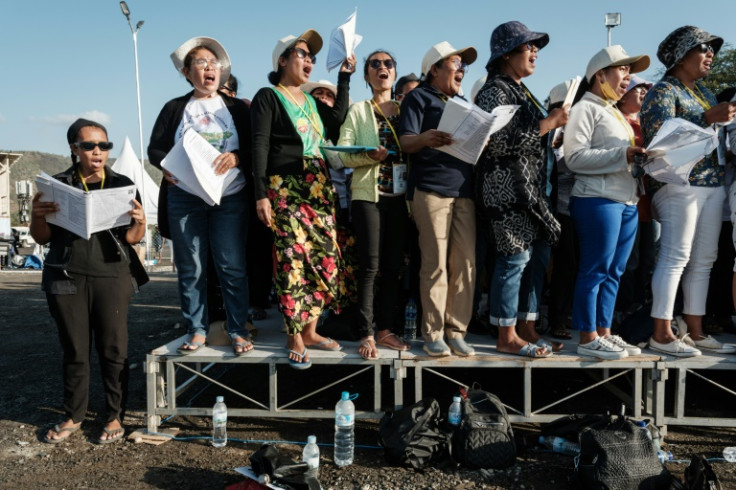
AFP
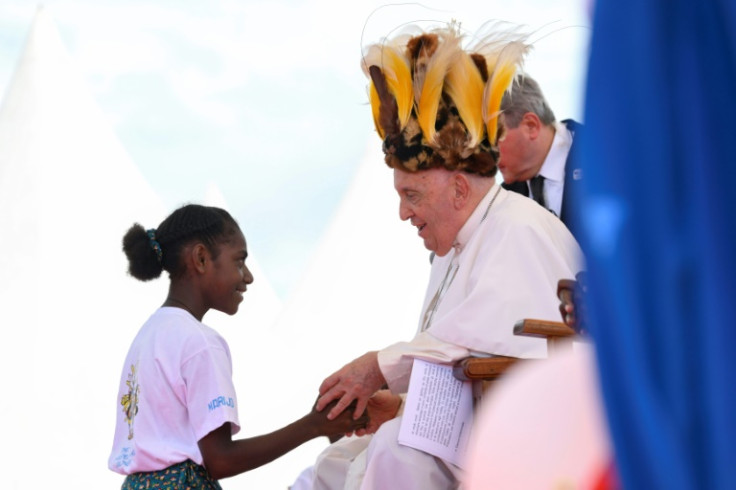
AFP


